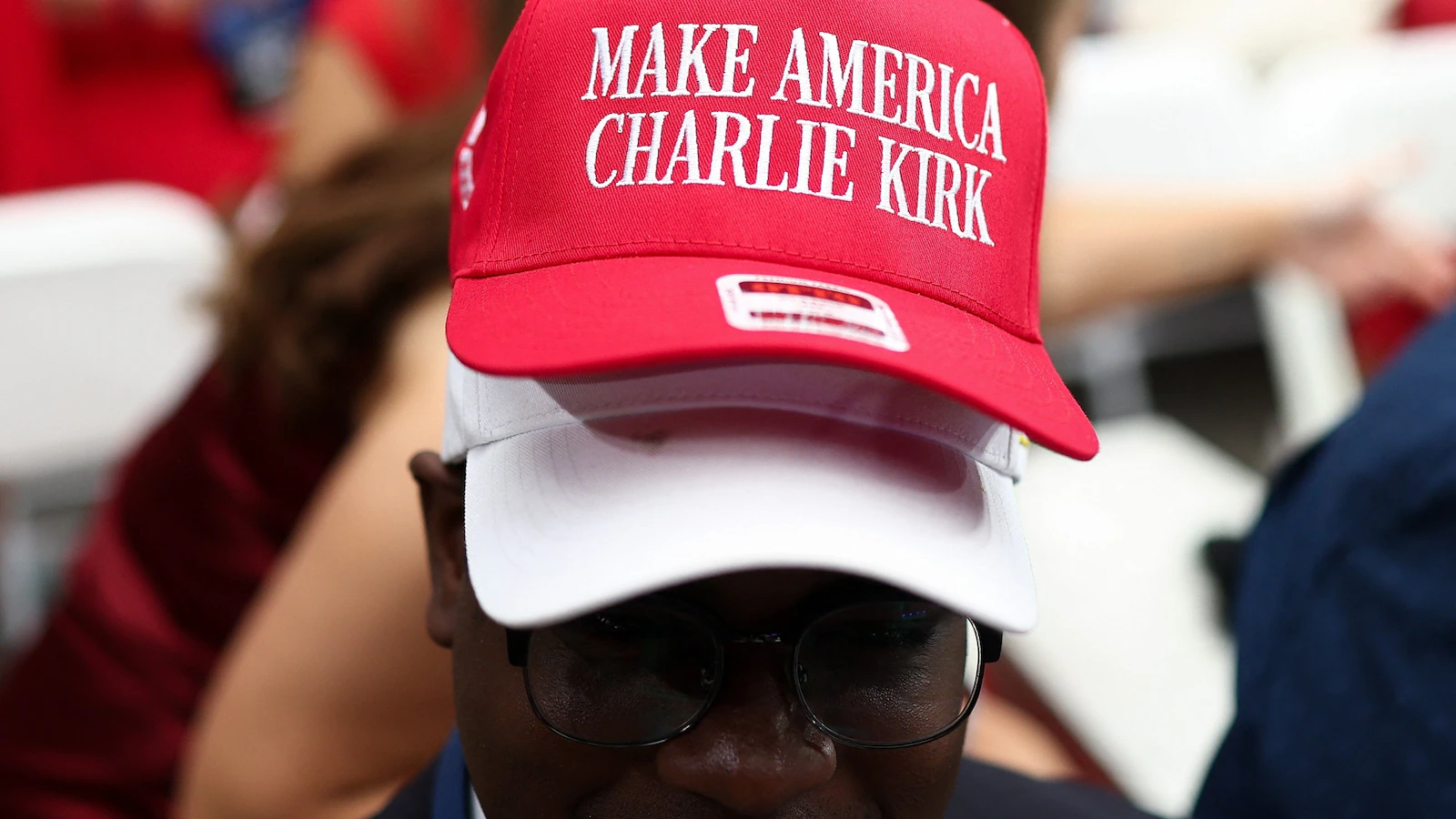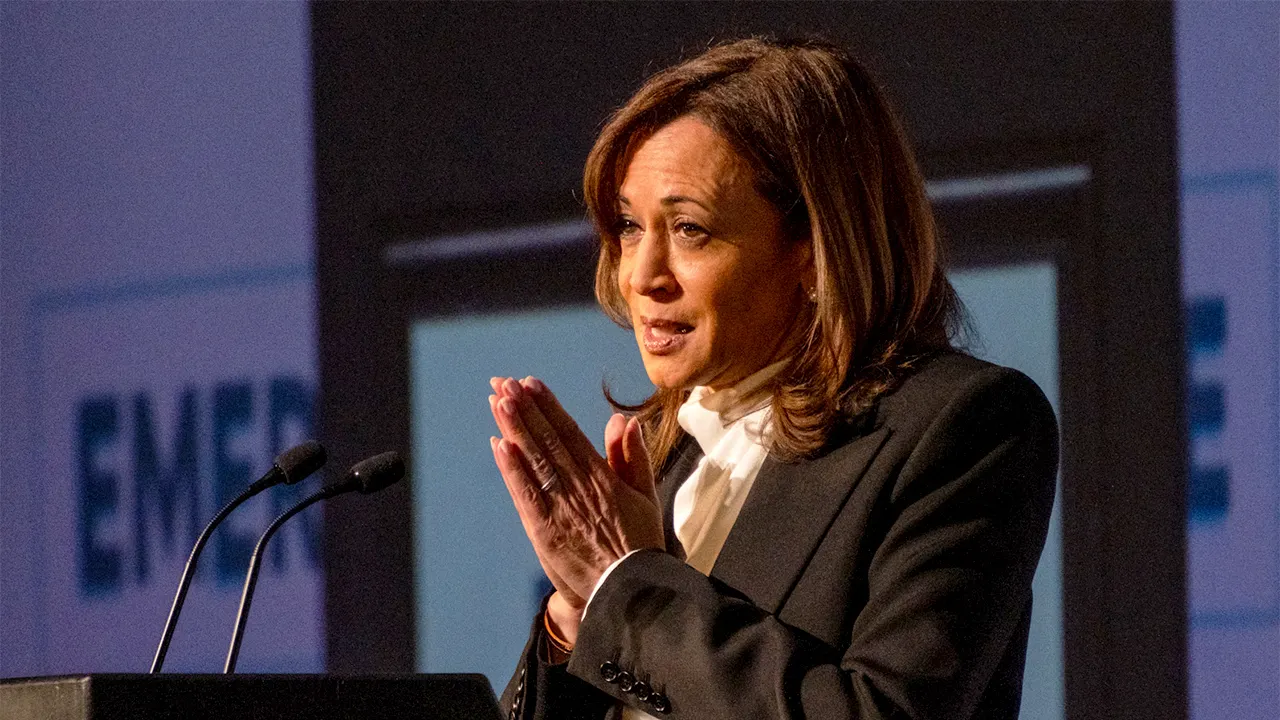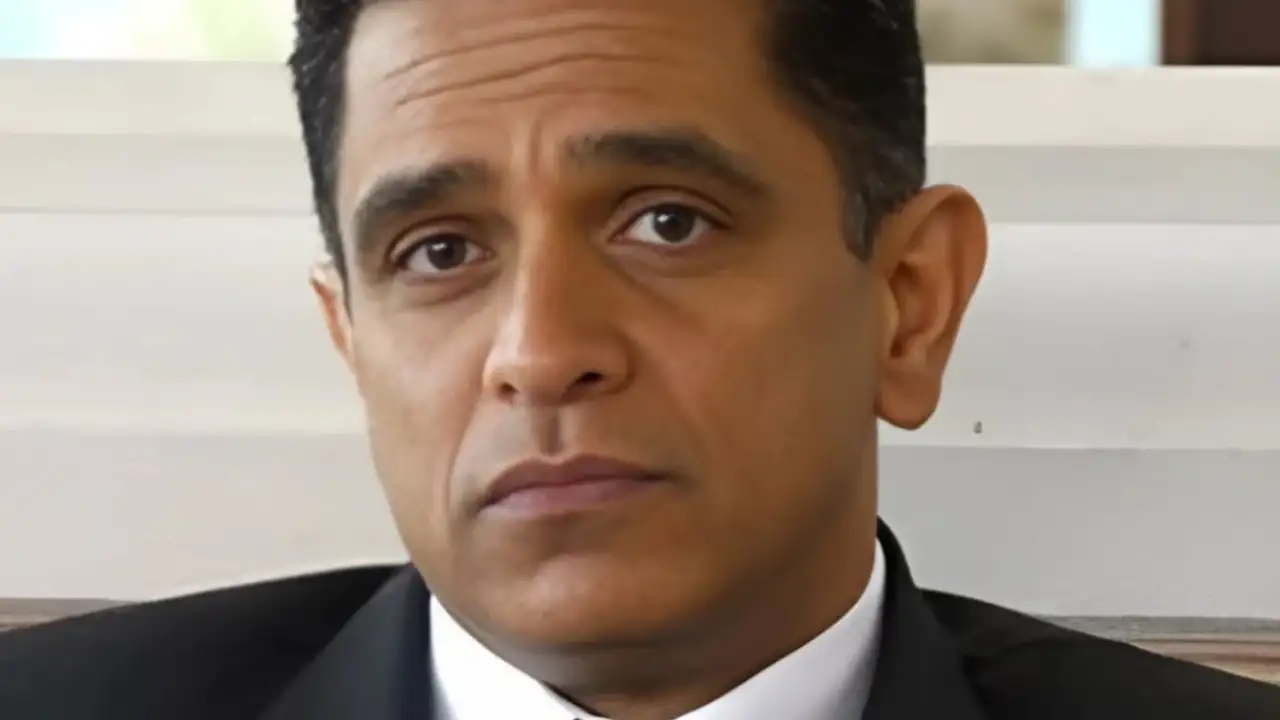For a generation of Black conservatives, Charlie Kirk built more than politics — he built community

The death of Charlie Kirk has left a generation of young Black conservatives grieving not only the loss of an influential figure but also the man they say built a community where they felt they belonged, a half a dozen Black conservatives tell ABC News.
For many, the news arrived in the most jarring of ways, text messages lighting up phones and timelines filled with a viral video of his final moments. What followed was shock, heartbreak and reflection on the complicated legacy of a man whose influence for some ran deeper than many outside his circle ever realized.
To be a Black conservative in America often means carrying a dual burden that is as social as it is political. Pew Research found that 83% of Black voters identify with or lean Democratic, while 12% align with the Republican Party. Faced with such a stark divide, families can fracture, friendships may fade and communities sometimes close their doors. For thousands who found themselves drawn to Turning Point USA (TPUSA) or BLEXIT, Kirk offered a sense of belonging, said the Black conservatives ABC News spoke with.
BLEXIT, short for “Black Exit,” is a group encouraging Black Americans to leave the Democratic Party and embrace conservative politics. Turning Point USA, Kirk’s flagship organization, often partnered with BLEXIT to create platforms, events, and mentorship pipelines for young Black conservatives before later merging.
In March 2023, TPUSA announced, “TurningPoint USA will incorporate the corporate structure, leadership team, branding, social media, and the underlying mission of BLEXIT, helping grow the movement into the future.”
Kirk’s efforts, many argue, helped broaden the GOP’s reach among Black voters. Donald Trump drew about 8% of the Black vote in 2020, and by 2024 his support climbed to 15%, including roughly 21% of Black men. Vice President Kamala Harris still carried a commanding majority with about 83%.
During Kirk’s memorial on Sunday, President Donald Trump highlighted that work. “Charlie was actually a master builder of people, it was Charlie who first started organizing young Black conservatives hungry for support and leadership,” Trump said.
Conservative leaders told ABC News that Kirk nurtured a generation of young leaders, influencers and organizers who otherwise might have stood alone.
“We wouldn’t have a Republican Party if it weren’t for Charlie Kirk,” Brandon Tatum told ABC News.
Tatum, alongside Kirk and conservative podcaster Candace Owens, helped organize the first Young Black Leadership Summit in 2018. It was the largest gathering of Black conservatives ever invited to the White House.
Nearly 400 young people had their travel and expenses covered by Turning Point USA, leaders said. For some, it was their first plane ride, the first time they’d worn a suit and their first glimpse of Washington.
That summit, Tatum said, was a turning point.
“Every Black conservative that you can think of that’s prominent on social media today, most of them came from that summit,” he said.
For Amir Odom, a former TPUSA ambassador, the journey toward Kirk’s movement began with fear and uncertainty. “If you ask anybody pre-2017, I was the most anxiety-ridden person ever, crippling anxiety, fearful of my life for being Black and gay in America,” he said. “The weight that was lifted off my shoulders when I was like, Oh, you can actually talk to Republicans, and it’s fine.”
In 2017, Odom, was marching with Black Lives Matter activists in Atlanta after the police killing of Philando Castile. But he said he found himself at a crossroads, uneasy with some of the messaging and decisions being made, including a call to march onto a highway.
Around that time, after a chance date, he was encouraged to watch a video featuring Kirk, Owens and Tatum. He eventually reached out to Tatum, who invited him to the Young Black Leadership Summit.
“Within a year, I went from marching with BLM to meeting Kirk and shaking Trump’s hand,” said Odom, who said he never felt unwelcome among the conservative community led by Kirk.
The community he found through YBLS was unlike anything he’d known, he said. Kirk’s message to the group was to “‘keep using your voice, be vocal, seek the truth and just be honest,'” Odom described it. It was that message that inspired him to do more, he added, even at personal cost.
“I actually lost all of my friends on the left. I have an aunt that I haven’t talked to since then, for literally just looking at the other side,” he said.
There are about 100,000 Black supporters of TPUSA and BLEXIT, according to Pierre Wilson, senior director of BLEXIT and Kirk’s highest-ranking Black employee.
“Charlie launched probably thousands of careers of people that people will never know. He launched their careers and is the reason that they’re as successful as they are today,” he said.
But Kirk’s rise was not without fierce opposition. Critics argued he played on racial archetypes and stereotypes, and reinforced white supremacy while dismissing systemic racism. He hosted a college lecture series called the “Exposing Critical Racism Tour” in 2021, where he attacked Critical Race Theory. By 2024, Kirk took aim at diversity, equity and inclusion (DEI) initiatives.
DEI is a framework designed to expand opportunities for underrepresented groups. Kirk argued that DEI and affirmative action “lowers the threshold of standards, and increases things that do not matter, such as skin color and ethnic background.” He later said the Civil Rights Act of 1964 was a mistake.
The Congressional Black Caucus issued a statement after his death that reflected both sorrow over violence and sharp disapproval of his views.
“We must unequivocally reject violence in all its forms,” Chair Yvette D. Clarke wrote, invoking the assassinations of Martin Luther King Jr., Medgar Evers and Fred Hampton. But the CBC also said that Kirk promoted “a worldview that includes ideas many Americans find racist, harmful, and fundamentally un-American.”
Bilal Dabir Sekou, an associate professor of political science at the University of Hartford, said Kirk’s ability to reach young Black conservatives was tied to his skill to merge civic life with Christian identity and culture.
“You’re seeing this sort of engagement with the church among younger Blacks, that Kirk was able to make that connection,” Sekou said. “It’s hard for a lot of people to really understand just how important the church actually is within the Black community, and how connected many Black people are to the church. And so when you have a moment that really merges civic life with Christian identity and Christian culture, that can be very appealing to a lot of young people who grew up in the church, especially in the South, but also in many other parts of the country. That kind of message can resonate with them.”
Sekou stressed that the Black community is not monolithic, and that even within conservatism, there are tensions over race and justice.
“Even for a lot of Black conservatives, and I think there’s a lot of overlap with religious identity for many who fall into that camp, there’s also recognition that there is a need for a social justice agenda,” he said. “Black conservatives are in this really weird position where the Black community is generally identified as a liberal group, a liberal demographic that votes mostly for the Democratic Party. But I think the values of Blacks are a lot more diverse, and the issues they care about are more diverse than what the voting reflects.”
For Jasmine Woodson, Kirk’s vision became deeply personal. She said she never imagined a future in politics. Six months before joining BLEXIT, she was working as an exotic dancer, she said.
Then she found faith.
“That night, I gave my life to God,” she said. “I told God, ‘Hey, I don’t know what you have in store for me, but this isn’t it.'”
She started posting videos online, which caught the attention of BLEXIT organizers, and she was invited to a “Back the Blue” protest in support of law enforcement in Washington, D.C., and, while traveling, received an invitation to attend a Trump speech.
Not long after, she formally joined BLEXIT, first at the state level and later as the group’s national recruiting manager. Though she eventually left the organization, she credits it with opening doors she never expected.
“Your current situation does not dictate your future, I never would have guessed in a million years I’d be where I am today,” she said. “They never judged my past, they believed in my abilities. They still platformed me, they still put me in rooms and gave me opportunities and never made me feel like I was my past.”
Woodson now works as the director of a conservative anti-death penalty organization.
Those mourning him remember a man who could be opinionated and controversial, from his criticism of DEI to his remarks on race and Civil Rights leaders. At the same time, the Black conservative leaders told ABC News he was also generous and encouraging, someone relentless about making space and sharing resources for Black and brown voices inside conservatism. In the days after his death, group chats filled with old photos, playlists were swapped and prayer circles sprang up online, reminders that the community he built is still leaning on one another.
Kirk’s death leaves Black conservatives at a crossroads, the leaders told ABC News, but also a community determined to carry forward the lessons of family, opportunity and resilience he worked to build.
“God’s plan is bigger than and better than what we ever could expect, and there’s something good that’s going to come out of this because what the enemy created to be as a negative, God will make it tremendous,” Tatum told ABC News.



